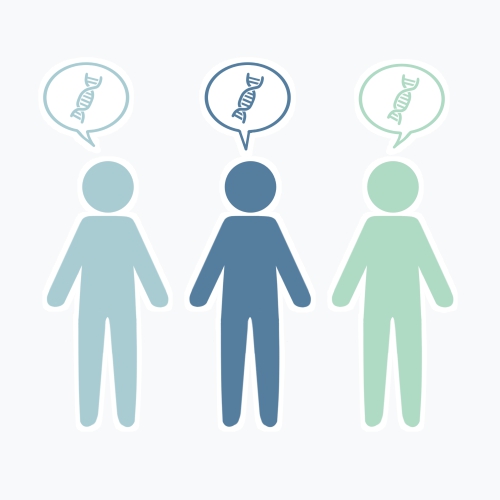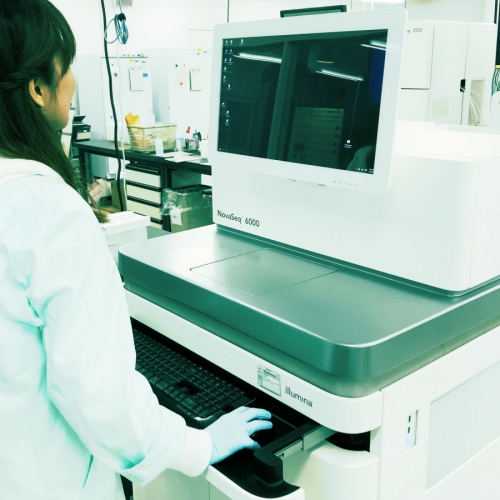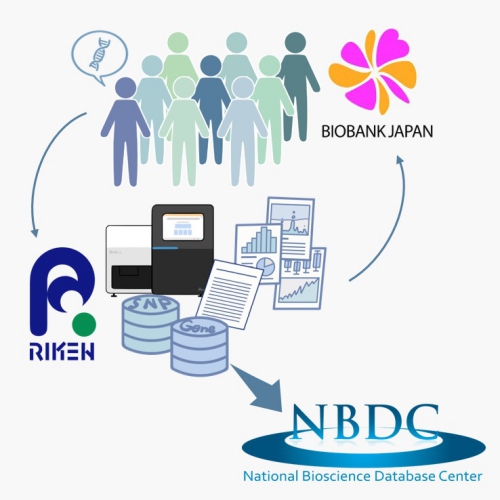


Both disease susceptibility and response to treatment can vary between individuals. While some people exhibit a great response to a certain drug, others may show side effects or a lack of response when taking the same drug. These differences could be partially explained by the individual differences in genetic information.

Over the last 20 years, technology for genomic analysis, especially next-generation sequencing, has progressed substantially. This has led to the ability to leverage genetic information for medical care. Drugs, suitable surveillance, and preventative medical care based on an individual’s genetic information are becoming available in the clinic – this is called personalized (or precision) medicine.

To contribute to the advancement of personalized medicine, our research team, together with Biobank Japan, has identified genetic variants associated with disease onset and adverse effects of drugs through genome wide association studies. Recently, we have also performed large-scale sequencing focusing on monogenic types of various cancers, such as breast and prostate cancers. To further establish such new treatment and prevention methods based on genetic information, we are conducting exploratory analysis of genes related to the pathogenesis of multiple cancers.

Another important role of our laboratory is to support other researchers in Japan. A main contribution is to analyze >200,000 samples by SNP array and/or whole genome sequencing. Several hundred studies have been published ( https://biobankjp.org/work/public.html ). Summary statistics are registered in Laboratory for Statistical and Translational Genetics , and genetic data is deposited in NBDC .

Other collaborations have been conducted with HapMap project , J-MICC study , JPHC study , Global Alliance for Pharmacogenomics , and JPSC-AD .

Dogs are known to share many diseases and phenotypes with humans, however due to two genetic bottlenecks (domestication and the frequent use of specific males for breeding) reducing genetic diversity, each dog breed shows lower heterogeneity for disease. Therefore, dogs are considered an ideal animal model for human diseases for the identification of causative genes and disease mechanisms. We have performed genetic analysis of dogs for both human and veterinary medicine.